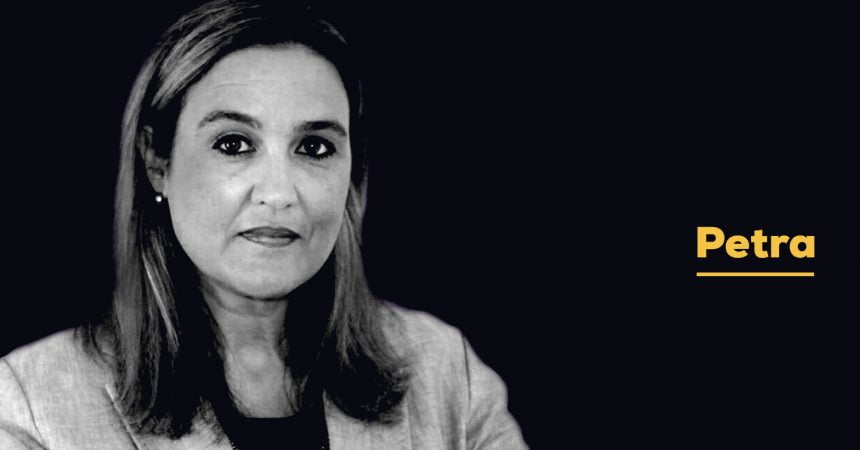These are never isolated incidents, but always connected to “normalised behaviour of hatred”. This was the disquieting response from the National Commission for the Promotion of Equality (NCPE), to the arraignment of the two AFM soldiers suspected of randomly shooting at three African immigrants in Birzebbuga.
One of the three victims, the Ivorian Lassana Cisse, was killed. The soldiers are also accused of a deliberate hit-and-run incident injuring another African immigrant. The attacks appear to have been racially-motivated.
Has such hatred been ‘normalised’? Could such extremist views have gone unnoticed by AFM colleagues? An internal investigation is being carried out, to also establish whether these two soldiers are lone wolves, or part of a wider circle.
The Prime Minister immediately reassured us that Malta is a safe place. Well, presumably not dangerous hot spots like the road to Birżebbuġa where Lassana was shot dead. Migrants living at Ħal Far are scared to walk there, but have little choice. What steps are being taken to ensure their safety? Why was this situation not addressed earlier, before it escalated?
The courts may establish who committed this murder. But racist crime does not emerge from nowhere, and like everything else it needs nurturing soil to grow in. Putting perpetrators of this crime behind bars will not be enough to calm thoughts that an ugly and dangerous streak of racism is in our midst.
Racism is stoked by extremist, anti-immigrant individuals and groups. As elsewhere in Europe, irregular immigration into Malta in recent years has also fueled the rise of such groups here.
In 2006 the homes of journalists Daphne Caruana Galizia and Saviour Balzan were targeted by arsonists. This was widely assumed to be the work of extremist groups in retaliation for their writings against their racist and xenophobic attitudes. Around then, some cars of people connected to the Jesuit Refugee Service were also targeted.
People always want change. They will vote for and support those who address and offer solutions to their problems, and who present a vision of a more prosperous, better life. Anti-immigrant, populist groups also tap into people’s fears and concerns, and give them a voice and shape.
Their concerns are real, however, and must be recognised and discussed if they are to be overcome. But the messages of the left and centre of politics are not managing to communicate well with those gravitating to populist ideas on the far-right.
Encouraging more immigrants to come to Malta without being able to explain how things will pan out makes people anxious. Carrying on without a plan will not end well. Both regular and irregular migration will not stop anytime soon. People will continue to come to Malta to seek jobs, legally, at both the high and low ends of the market. Others will continue to try to escape problems in Africa, crossing the dangerous sea due to poverty or violence. A clearer vision must underpin all types of immigration to Malta.
What solutions to this problem are our leaders offering ?
The Opposition is asking for a broad plan on immigration to Malta, mainly related to carrying capacity. This is sorely needed. Unfortunately, PN leader Adrian Delia has also stirred the pot of emotions with retrograde talk of national identity. The PN position on irregular migrants is less evident.
Migration from Africa clearly needs an EU-wide solution. Here MEP Roberta Metsola merits a thumbs-up for her solid work on this problem at the European Parliament. To her credit, Metsola drafted and led the new strengthened EU Border and Coast Guard law. In her work as an MEP, she has consistently been competent, level-headed and very hard-working, on this as well as on other topics.
On the other side of the political fence, Joseph Muscat’s government is encouraging the growth of the foreign workforce in Malta like there is no tomorrow. On rescuing migrants at sea, his first controversial reaction was to go for a pushback, to make Europe “smell the coffee”. Since then, however, he has taken a more moderate approach. As it turned out, over the last few years more rescued boats with migrants were being directed to Italy rather than to Malta, although the mood is shifting there with the hard stance of Matteo Salvini.
Archbishop Charles Scicluna has repeatedly highlighted the desperate situation of migrants from Africa and spoken against racism. His reaction this weekend was to pledge to donate funds to the family of Lassana Cisse, showing empathy with the human tragedy caused by this racially-motivated murder in Malta.
It is up to the Prime Minister to lead the way to ensure that racism is not allowed to take root and flourish in this country, and there is no better place to start than with the armed forces. He spent a large part of a public speech this week talking about migration and integration, and even had a 14-year-old girl of Ethiopian origin speaking at this PL event.
But the crowd was then reminded that there is a cow to milk and, for as long as he can, he will continue to feed the cow, to milk it and to distribute the fruits. Unfortunately, rather than a long-term vision, this sounds more like the trademark short-term vision for the country. Now, if only it were a sheep, we could also fleece it.
petracdingli@gmail.com












